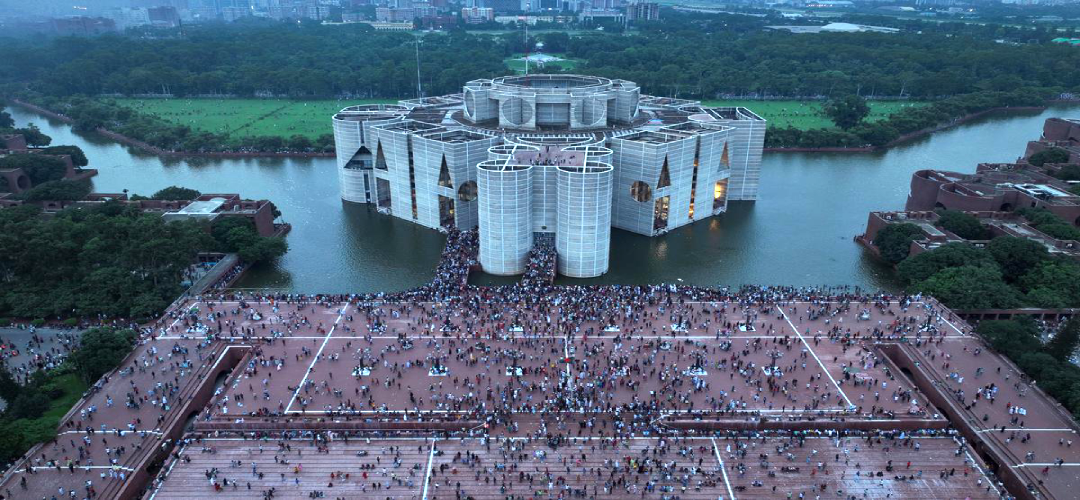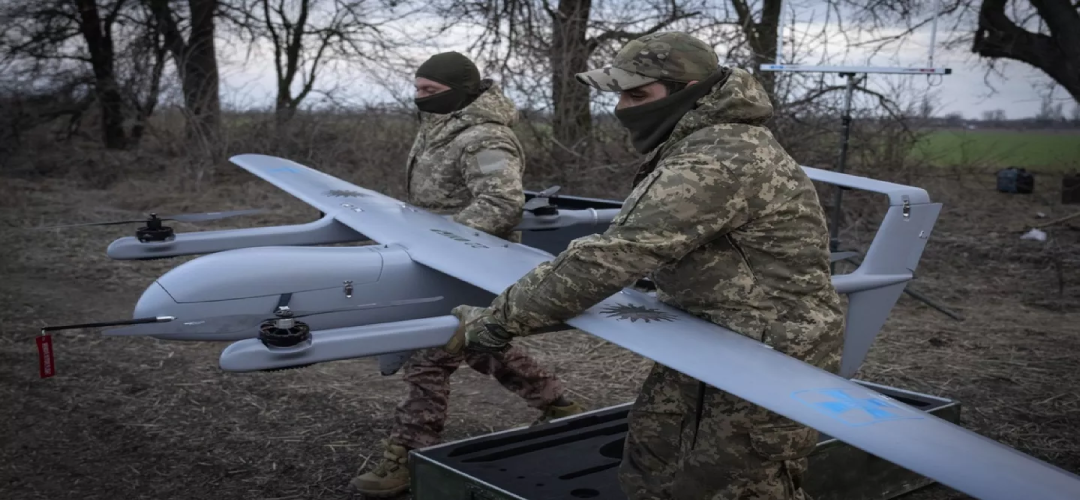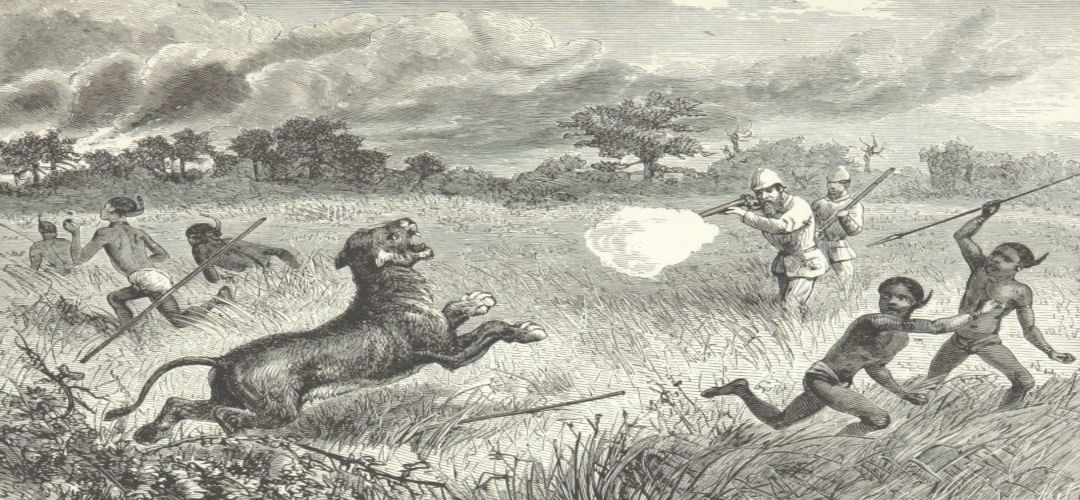After an unbroken rule of 15 years, the pro-India Awami League is out in the wilderness. What awaits Sonar Bangla?
It was a shocking and sad end to a long stint in power and, on many accounts, a successful one for Prime Minister Sheikh Hasina. On a notice of 45 minutes, conveyed by no less a person than an Army Chief appointed by her, she had to flee from her official residence in Dhaka to an uncertain life of a recluse in foreign lands. In this time of peril, her longstanding friend, India, did not fail her. While it was reminiscent of the collapse of Sri Lanka a few years back, the causes were far different, the most prominent being Bangladesh’s much stronger economic health.
The Army Chief was also perhaps placed in a corner when, on August 5, hundreds of thousands of student protestors headed for the PM’s residence, and the soldiers had given clear notice that they would not open fire. Fearing a public lynching, Ms Hasina took timely advice and made good her escape, for which the Army Chief has come under a degree of criticism for allowing her to take flight.
Background
The unprecedented student unrest against the quota system was adequately covered in our last issue. That it was a deadly one can hardly be denied, with an official death toll of 200.
The military promptly announced the formation of an interim government, expected to be led by Nobel Laureate Muhammad Yunus. Mr Yunus has reached Bangladesh and has denied that he would head any such government; he indicated his preference to be the financial adviser to it.
In another significant move, Khaleda Zia, a bitter rival of Sheikh Hasina, was released, and her party attended the all-party meeting (to which the Awami League was not invited). This move is seen as a response to the protesters’ demands and a shift away from the Awami League’s longstanding dominance. The formation of this interim government aims to stabilize the political situation and pave the way for new elections.
Bangladesh’s political scene has long been dominated by the rivalry between Sheikh Hasina, leader of the Awami League, and Khaleda Zia, chairperson of the Bangladesh Nationalist Party (BNP). This rivalry has deep historical roots. Sheikh Hasina’s political journey is marked by her quest for justice and power consolidation following the 1975 coup that resulted in the assassination of her father, Sheikh Mujibur Rahman, the founding leader of Bangladesh. In contrast, Khaleda Zia’s rise in politics is tied to her husband, Ziaur Rahman, who became a significant figure post-coup.
Over the years, the political battle between Hasina and Zia has seen numerous accusations of corruption and authoritarianism, leading to violent confrontations and repressive actions against opposition parties. Hasina, who has been in power for over a decade, faced mounting criticism for human rights abuses, election irregularities, and a crackdown on dissent. In 2018, Zia was sentenced to a 17-year prison term on corruption charges, widely viewed as politically motivated to eliminate her from the political arena. These longstanding tensions set the stage for the recent dramatic developments in Bangladesh.
The role of the Army is also under a scanner. Although the current Army Chief, reportedly a relative by marriage of Sheikh Hasina, has shown no proclivity so far to rule through a military junta as in the past, some analysts are calling the collapse a “silent coup.”

Analysis
The potential release of Khaleda Zia has become a focal point in this political transition. With Hasina out of power, calls for Zia’s release from hospital confinement, where she has been receiving treatment for various ailments, have intensified. The BNP claims that the charges against her were fabricated to prevent her from participating in politics. Her release could signal a new chapter in Bangladeshi politics, potentially leading to her re-emergence as a key political player.
Hasina’s tenure has been criticized for authoritarian practices, election irregularities, and human rights abuses. Zia’s imprisonment in 2018 on corruption charges was widely seen as an attempt to weaken the opposition. This cycle of accusations and counter-accusations has contributed to Bangladesh’s deeply polarized political environment.
The military’s involvement in the political transition, particularly in facilitating Zia’s release, indicates a potential shift in its role in Bangladeshi politics. Historically, the military has played a significant role in the country’s governance, often stepping in during times of political crisis. The current situation may lead to a more pronounced military influence in political affairs, which could have lasting implications for democracy in Bangladesh. The relationship between the military, the BNP, and any interim government will be critical in shaping the future political landscape.
India has a vested interest in the stability of Bangladesh. Political unrest in Bangladesh can have significant spillover effects, including the potential rise of extremist groups and refugee crises. A stable Bangladesh under a government responsive to its citizens could help mitigate these risks. The recent upheaval underscores the importance of India closely monitoring and engaging with the evolving political situation in Bangladesh to safeguard its own security interests.
A mix of cooperation and tension has characterized India’s relationship with Bangladesh. While Hasina’s government has generally been favourable to India, Zia’s past criticisms of India, particularly regarding sovereignty and historical grievances, could resurface, complicating diplomatic efforts. Maintaining constructive dialogue and cooperation will be essential for both countries to navigate the new political reality.
Bangladesh is one of India’s largest trading partners in South Asia. Economic ties between the two countries have been strengthened under Hasina’s leadership, with significant cooperation in trade, investment, and infrastructure projects. However, a change in government could alter this dynamic. If Khaleda Zia returns to power, it may lead to a shift in foreign policy that could affect trade agreements and cooperation on issues such as water-sharing and border management.
The political situation in Bangladesh has broader implications for regional stability in South Asia. A successful transition to a more democratic governance structure could serve as a model for other countries in the region. Many Pakistanis have used social media to incite the Pakistani people to emulate the example of Bangladeshi students to launch a country-wide mass protest to spring Mr Imran Khan out of jail. A chaotic transition could lead to increased instability, which would be detrimental not only to Bangladesh but also to India and its neighbours. The Indian BSF has been put on alert all along the over 4000 km long land border (mostly fenced) to deny entry to people escaping the violence in Bangladesh. Many such attempts have already been thwarted.
Khaleda Zia’s release is likely to reinvigorate the BNP and its supporters. Her return to the political arena can galvanize the opposition, uniting various factions within the BNP and potentially attracting disillusioned supporters from other parties. Zia’s leadership could provide a rallying point for those seeking an alternative to the Awami League, which has faced increasing criticism for its authoritarian tendencies and failure to address economic issues.
Zia’s return to politics may also open the door for discussions on political reform in Bangladesh. In her first public remarks post-release, Zia emphasized the need for a “democratic Bangladesh” and called for rebuilding the country from “the debris of plunder, corruption, and ill-politics.” This rhetoric could resonate with a populace fatigued by years of political strife and corruption. If the BNP can articulate a clear vision for governance that prioritizes transparency and accountability, it may attract support from a broader segment of society.
However, Zia’s return is not without challenges. Her previous terms as Prime Minister were marred by allegations of corruption and governance issues, which the Awami League could weaponize to undermine her credibility. Additionally, Zia’s health concerns and age (she is nearing 79) may limit her capacity to engage fully in politics. The BNP will need to navigate these challenges carefully to maintain momentum and public support.
Assessment
- With the potential change in leadership, Bangladesh’s foreign policy, especially its relations with India, could undergo significant changes. Given her past criticisms and the BNP’s historical stance on various bilateral issues, Zia’s return to power might lead to a recalibration of Bangladesh’s approach towards India.
- India’s role in supporting a peaceful and democratic transition in Bangladesh will be crucial in maintaining regional stability. Ensuring continuity in key areas of cooperation while addressing new diplomatic challenges will be a priority for both nations.
- Strengthening ties with China, the United States, and other regional powers could be on the agenda to balance India’s influence and enhance Bangladesh’s strategic autonomy. The approach towards international organizations and foreign aid could also see adjustments based on the new administration’s priorities and policies.




